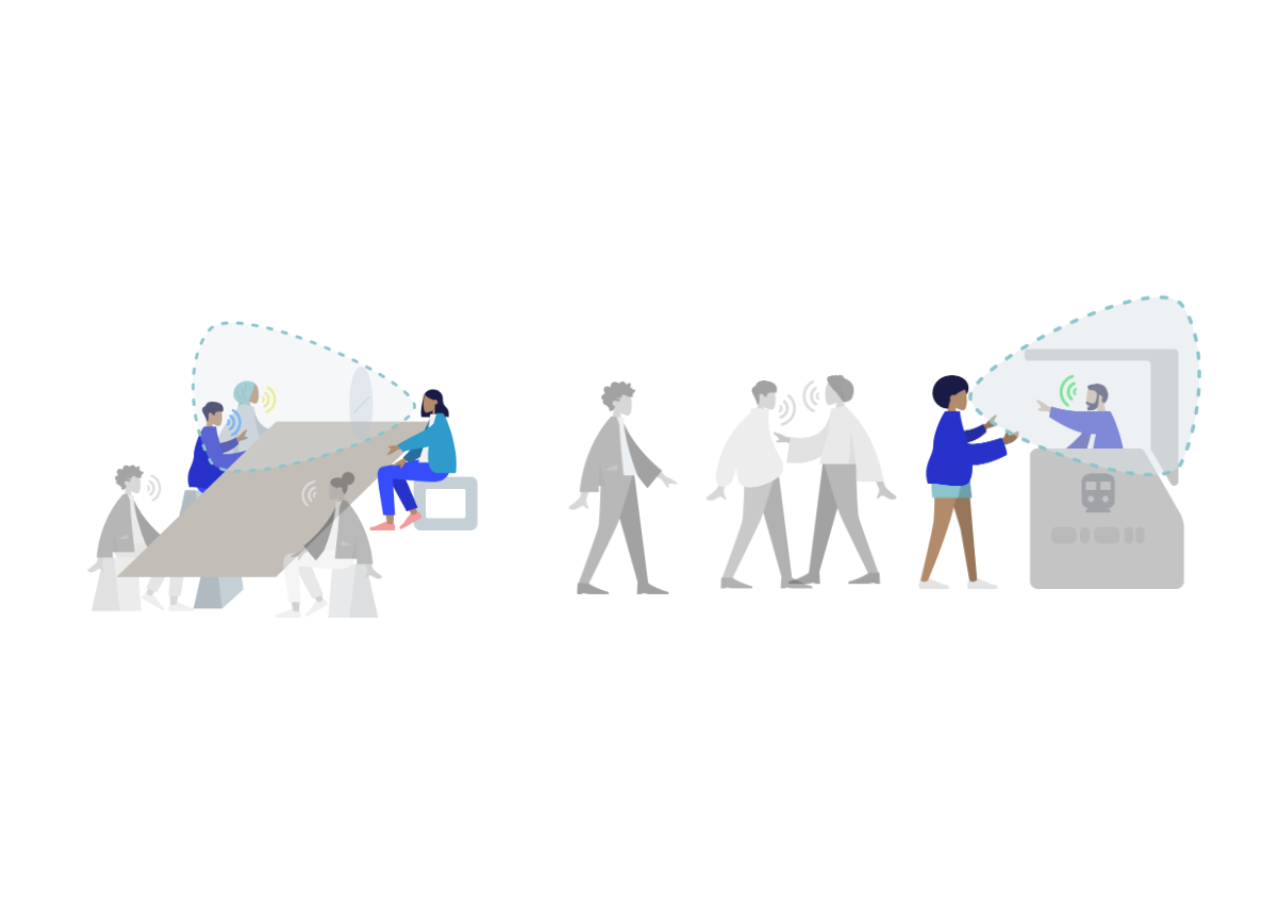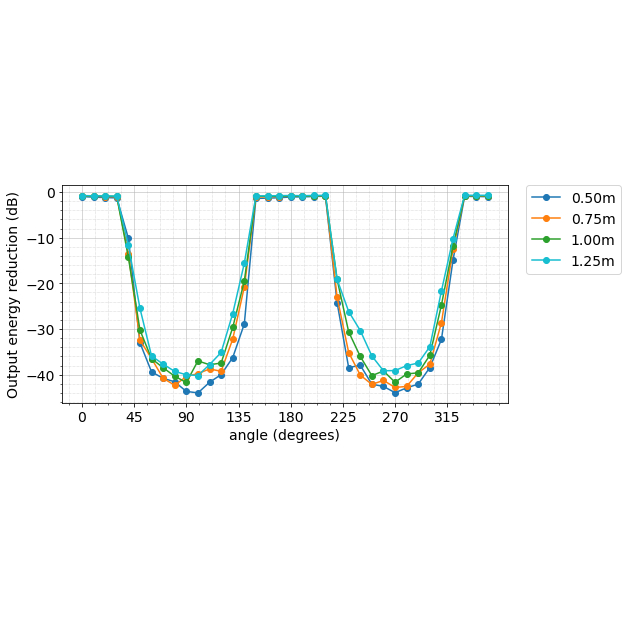
Natural Language in Voice Search
August 1, 2012
Posted by Jakob Uszkoreit, Software Engineer
On July 26 and 27, we held our eighth annual Computer Science Faculty Summit on our Mountain View Campus. During the event, we brought you a series of blog posts dedicated to sharing the Summit's talks, panels and sessions, and we continue with this glimpse into natural language in voice search. --Ed
At this year’s Faculty Summit, I had the opportunity to showcase the newest version of Google Voice Search. This version hints at how Google Search, in particular on mobile devices and by voice, will become increasingly capable of responding to natural language queries.
I first outlined the trajectory of Google Voice Search, which was initially released in 2007. Voice actions, launched in 2010 for Android devices, made it possible to control your device by speaking to it. For example, if you wanted to set your device alarm for 10:00 AM, you could say “set alarm for 10:00 AM. Label: meeting on voice actions.” To indicate the subject of the alarm, a meeting about voice actions, you would have to use the keyword “label”! Certainly not everyone would think to frame the requested action this way. What if you could speak to your device in a more natural way and have it understand you?
At last month’s Google I/O 2012, we announced a version of voice actions that supports much more natural commands. For instance, your device will now set an alarm if you say “my meeting is at 10:00 AM, remind me”. This makes even previously existing functionality, such as sending a text message or calling someone, more discoverable on the device -- that is, if you express a voice command in whatever way feels natural to you, whether it be “let David know I’ll be late via text” or “make sure I buy milk by 3 pm”, there is now a good chance that your device will respond how you anticipated it to.
I then discussed some of the possibly unexpected decisions we made when designing the system we now use for interpreting natural language queries or requests. For example, as you would expect from Google, our approach to interpreting natural language queries is data-driven and relies heavily on machine learning. In complex machine learning systems, however, it is often difficult to figure out the underlying cause for an error: after supplying them with training and test data, you merely obtain a set of metrics that hopefully give a reasonable indication about the system’s quality but they fail to provide an explanation for why a certain input lead to a given, possibly wrong output.
As a result, even understanding why some mistakes were made requires experts in the field and detailed analysis, rendering it nearly impossible to harness non-experts in analyzing and improving such systems. To avoid this, we aim to make every partial decision of the system as interpretable as possible. In many cases, any random speaker of English could look at its possibly erroneous behavior in response to some input and quickly identify the underlying issue - and in some cases even fix it!
We are especially interested in working with our academic colleagues on some of the many fascinating research and engineering challenges in building large-scale, yet interpretable natural language understanding systems and devising the machine learning algorithms this requires.


